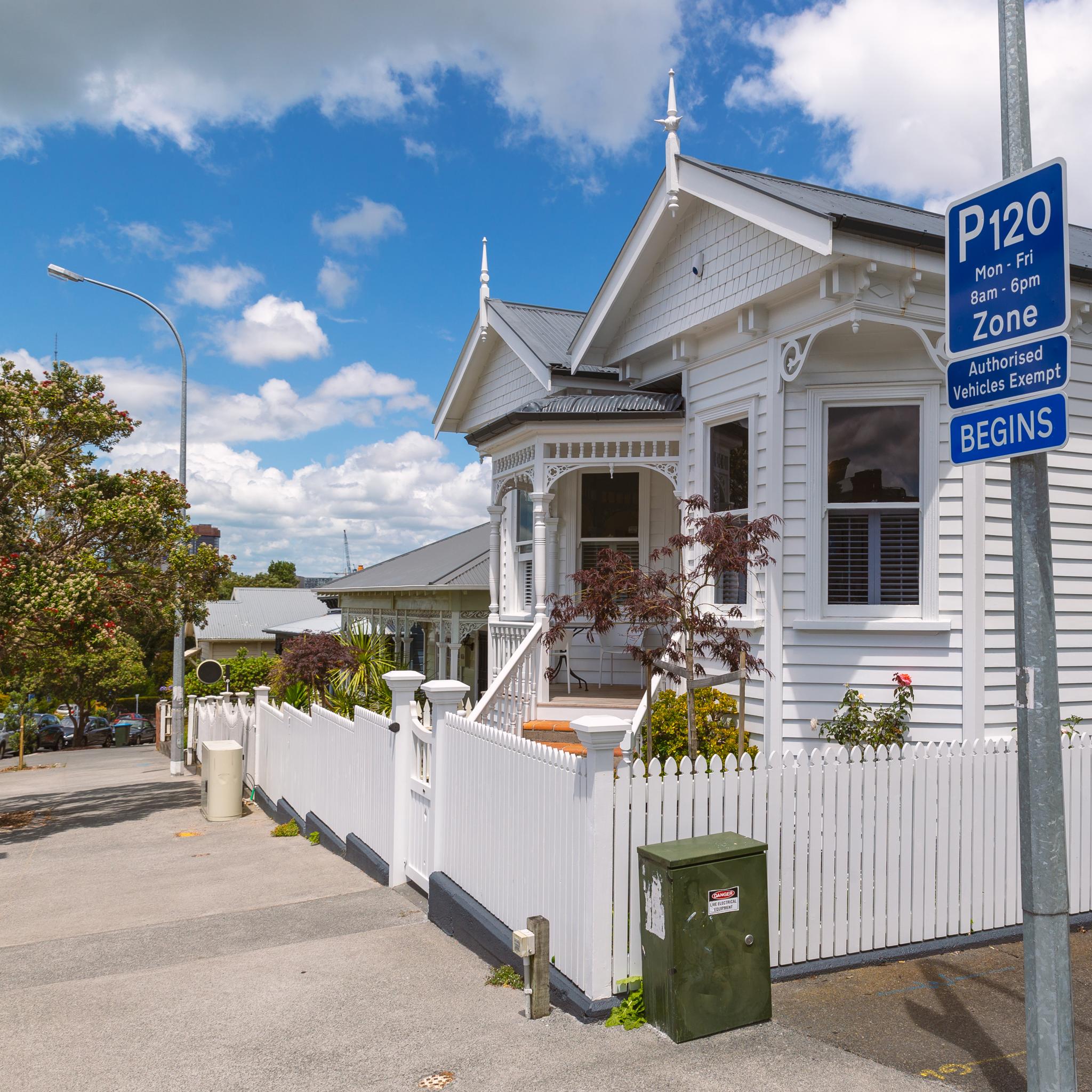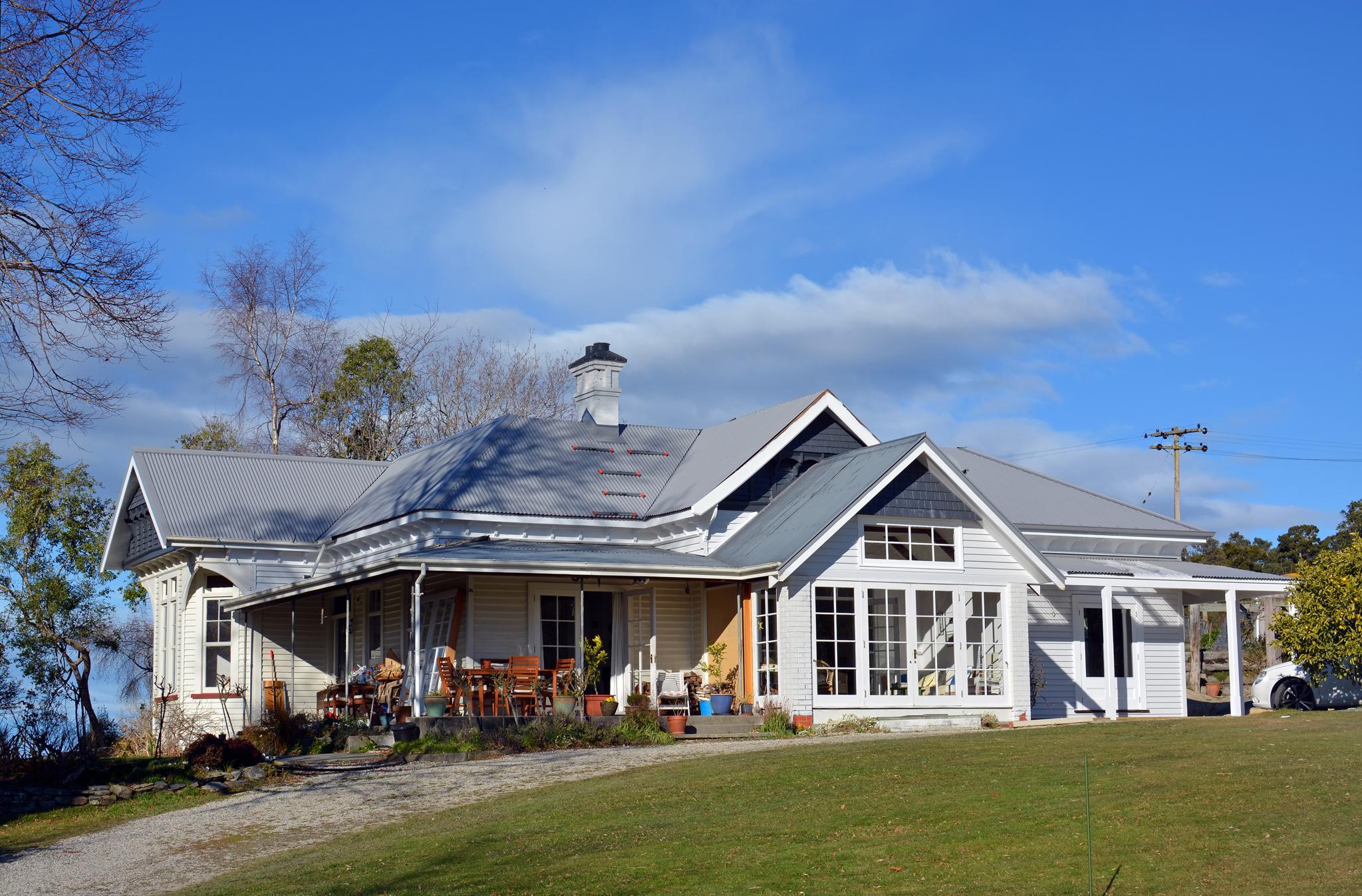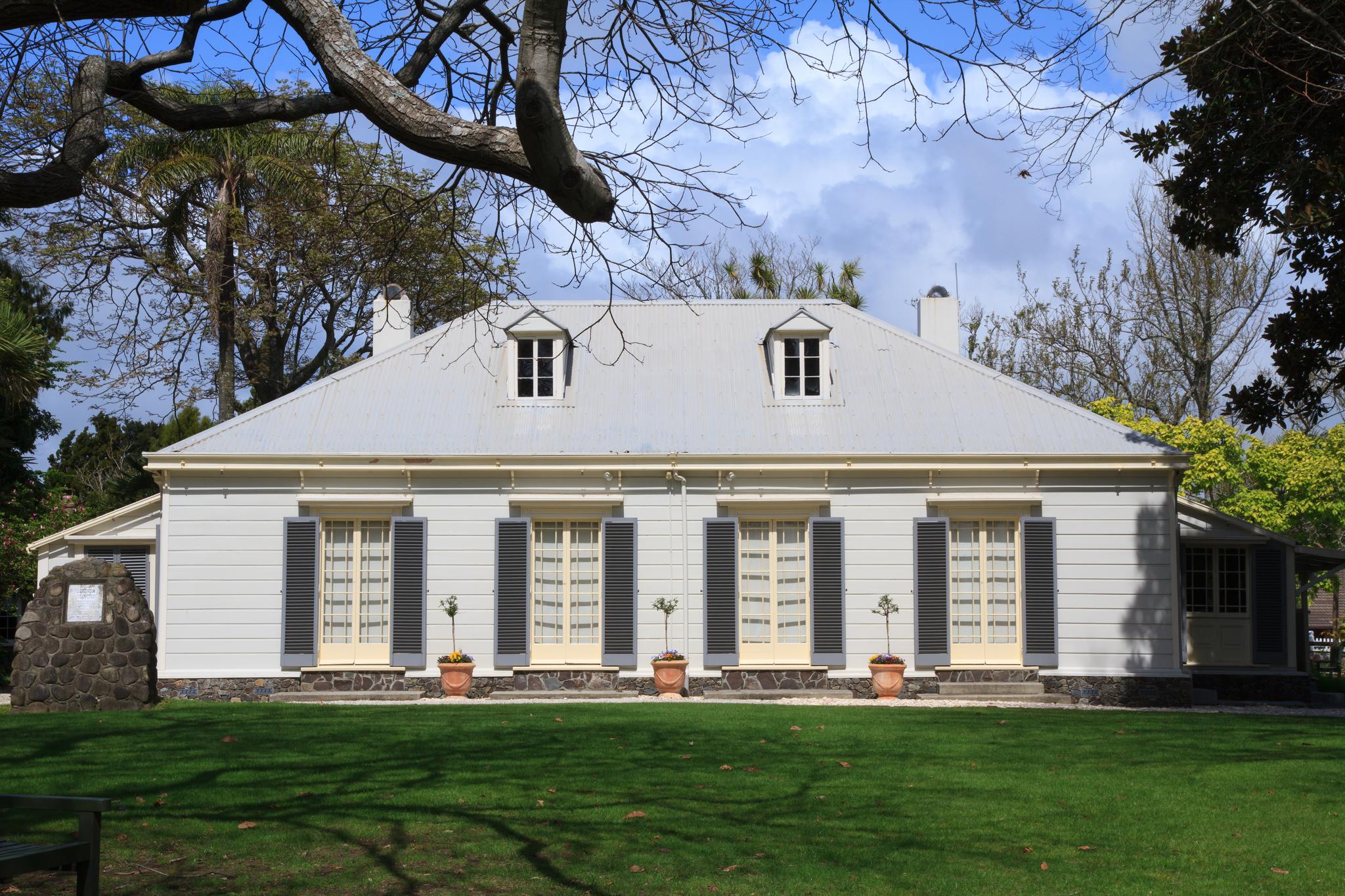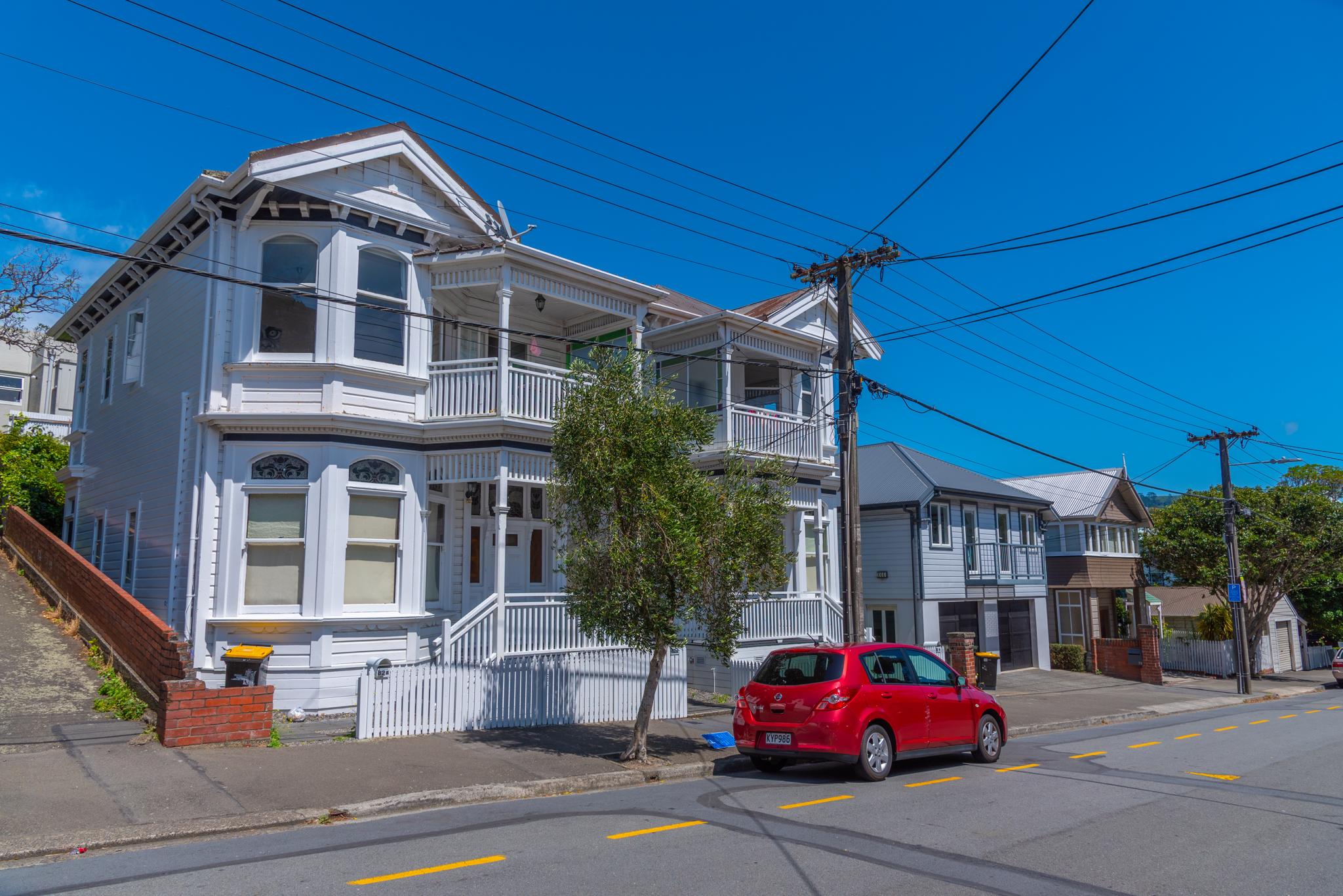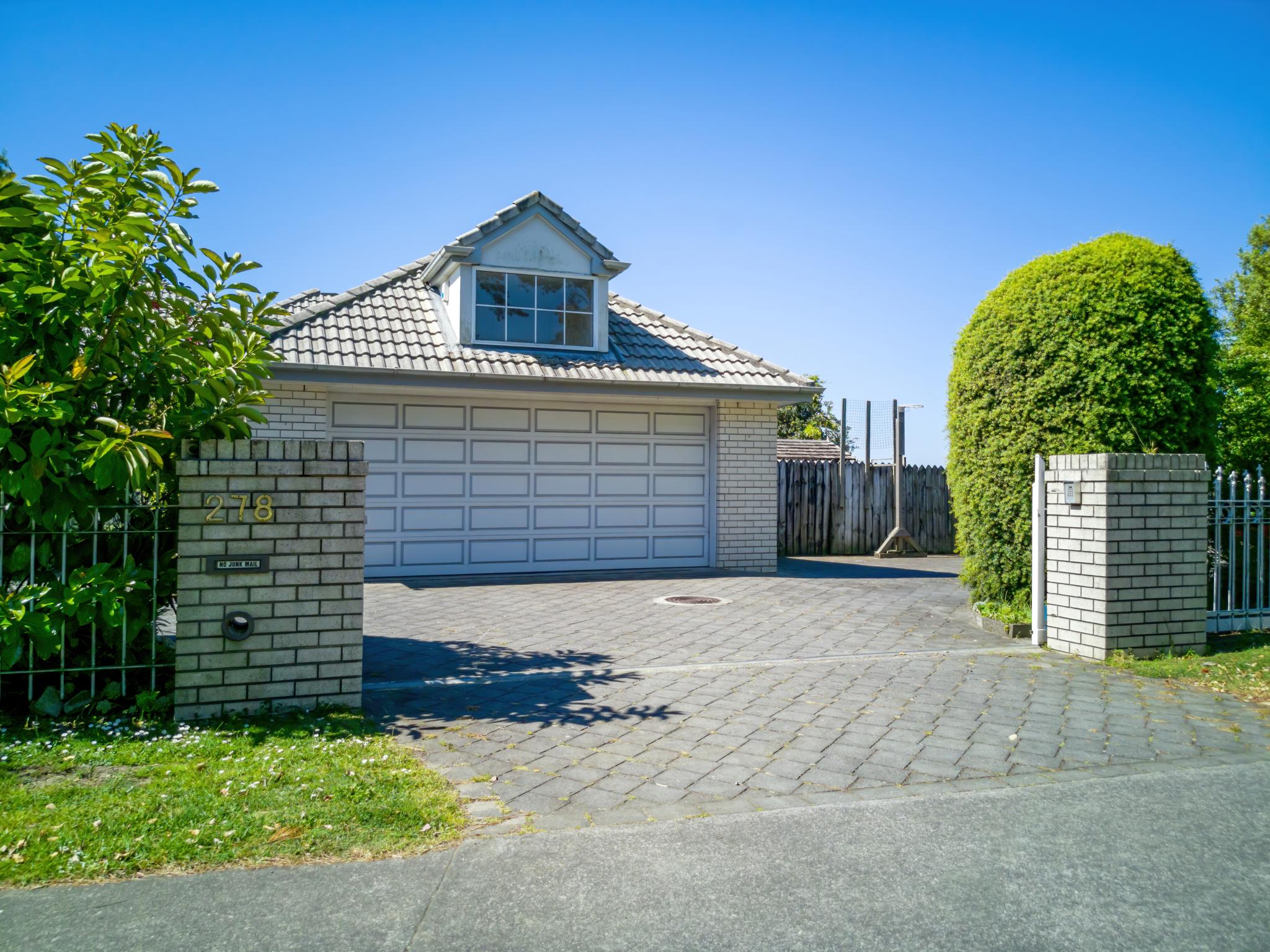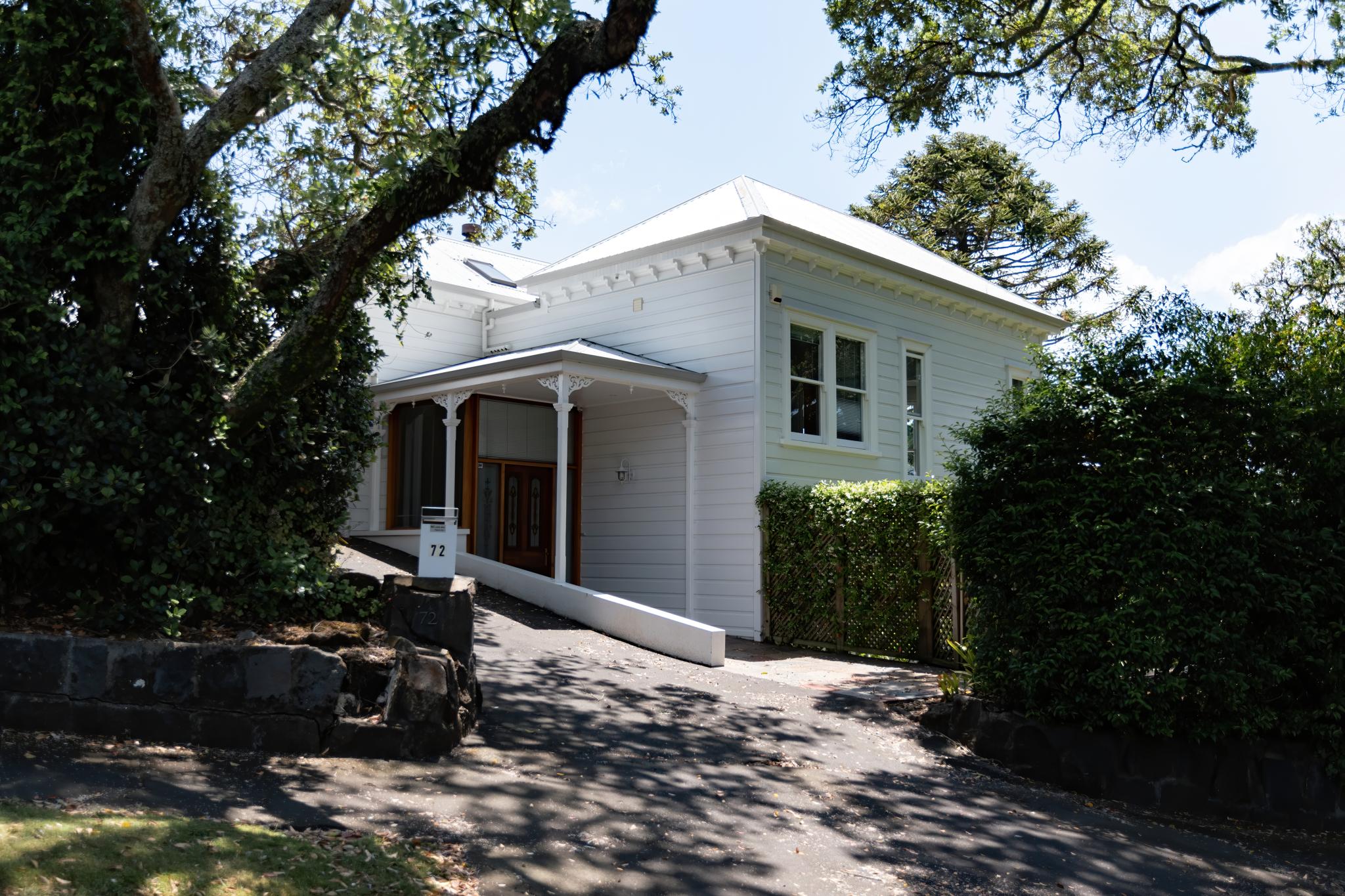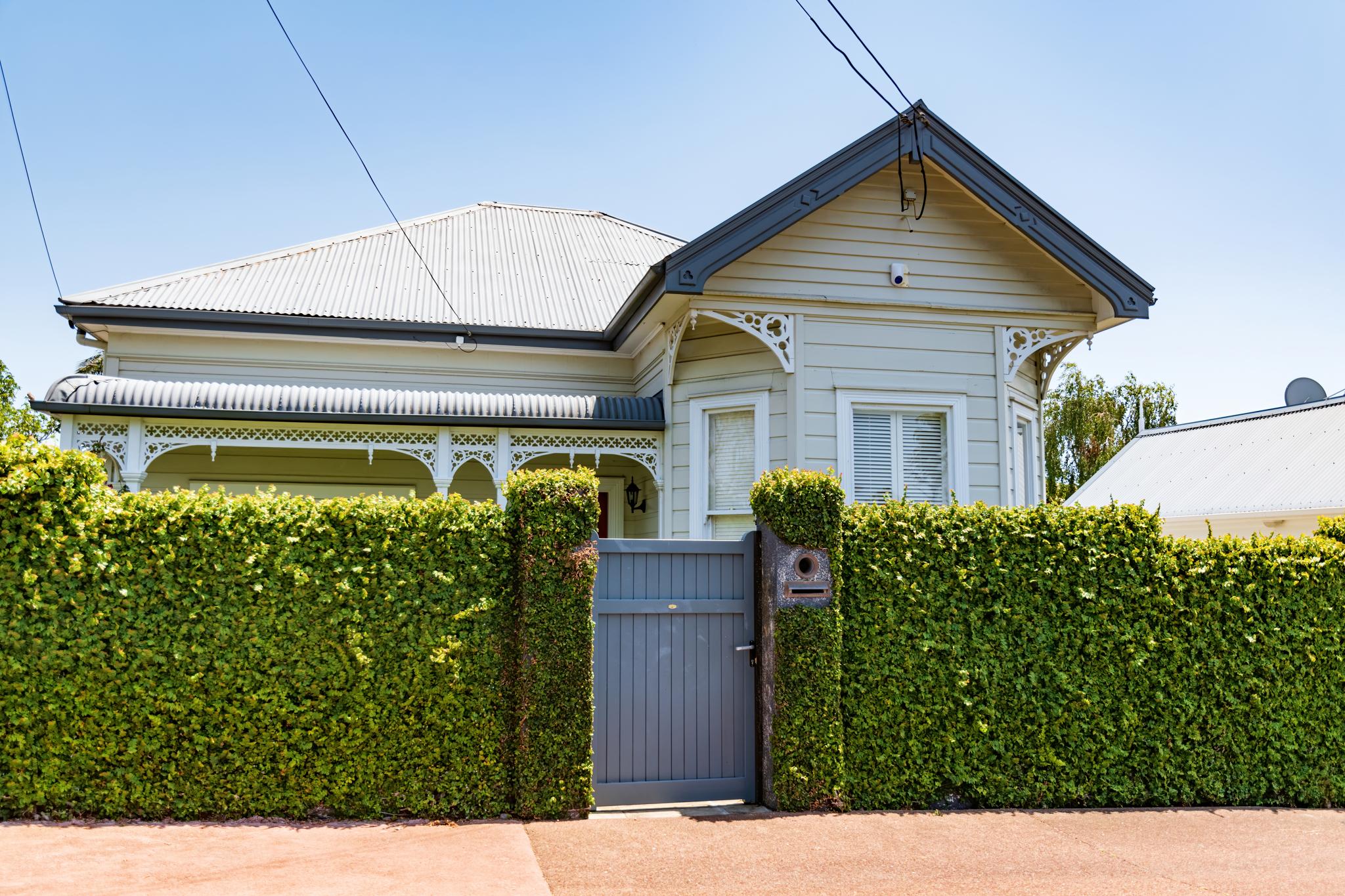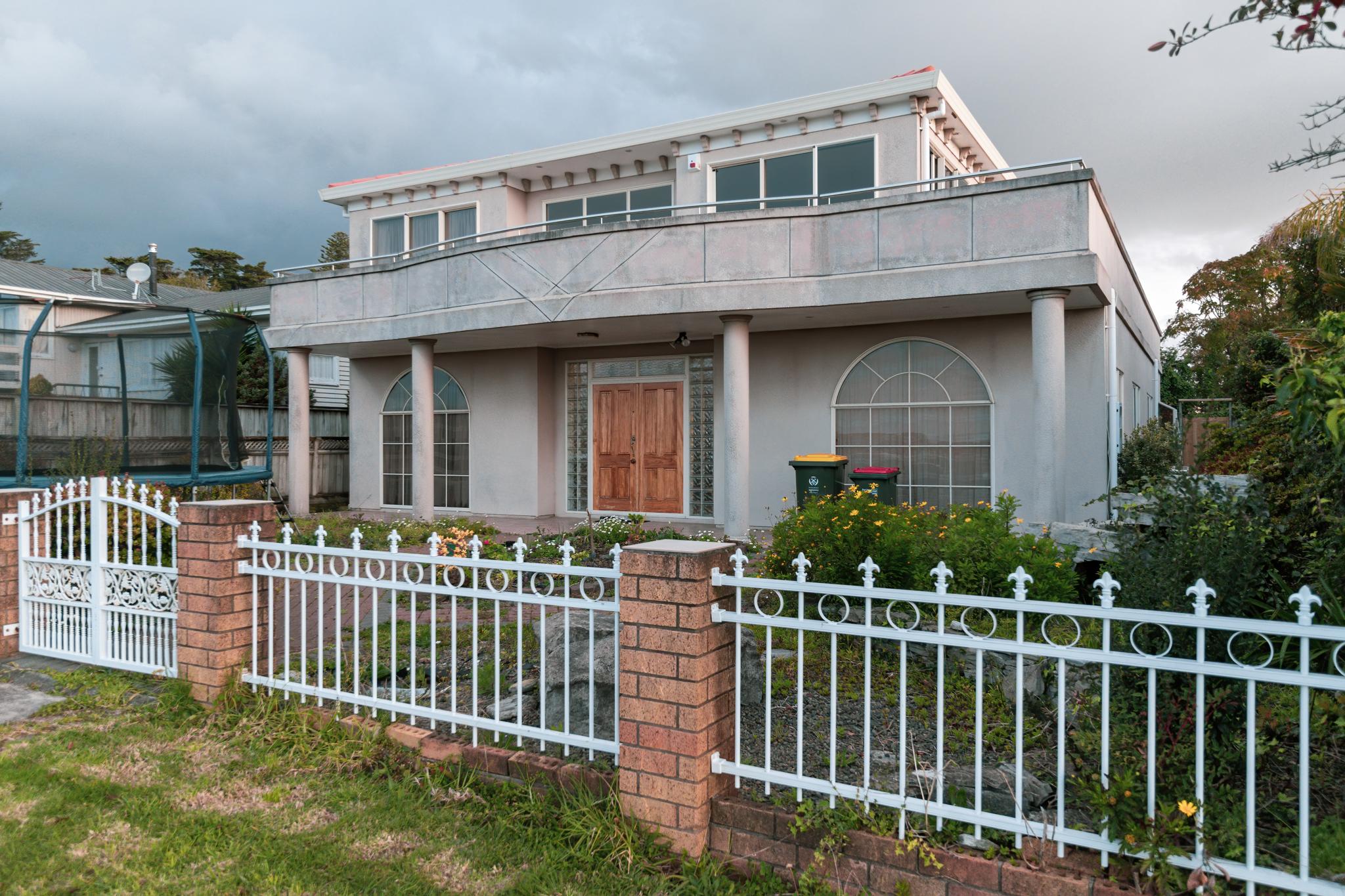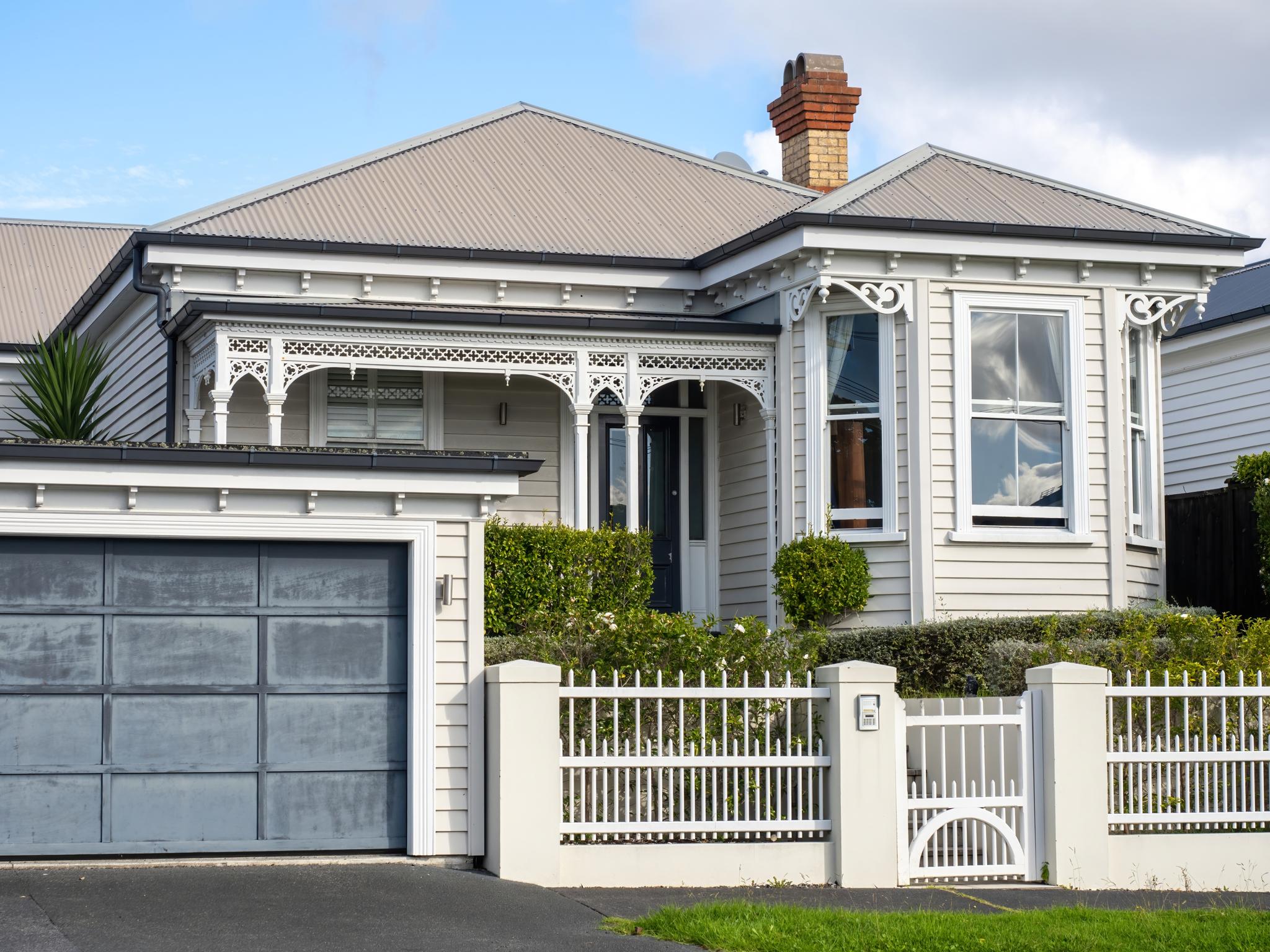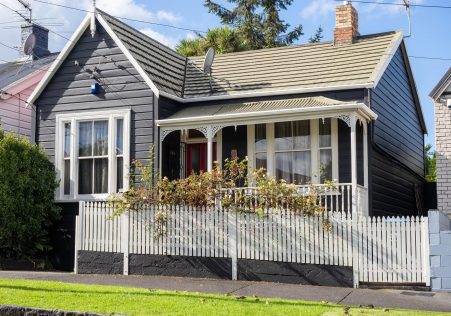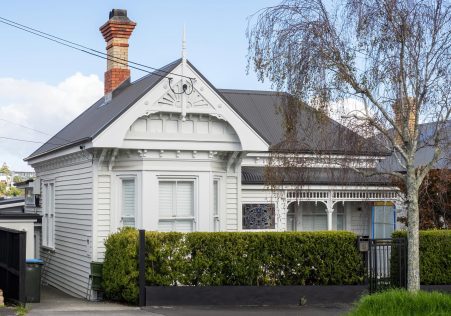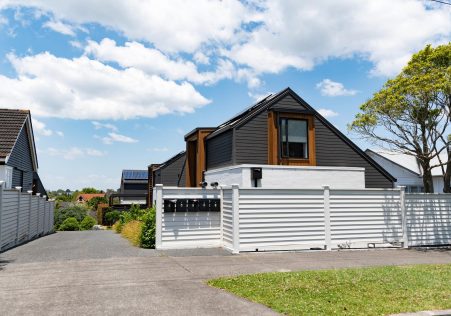What We Do
As building inspectors we handle all aspects involved in professional home inspects. We are there to make sure you make the right choice when it comes to purchasing your next property.
We value your money We will conduct detailed inspections so you won’t be faced with any costly or unexpected surprises meaning you can relax and focus on the fun parts of buying or owning an home.
We are specialised in a range of services to ensure that you are completely informed about the condition of any property you might be contemplating buying or selling in addition to other services.
We don’t just work with you , but we also work with large clients including municipal councils and banks, and insurance companies. They seem to enjoy this reassurance provided, thanks to the information provided in our building inspection reports.
With our systematic method of conducting your home inspection and the latest in technology for software including digital photos imbedded into the reports, you can actually see any issues that may be discovered. Thanks to our comprehensive reporting it’s easy to understand why we receive so many referrals from clients our service to family and friends.
Get in Touch - Have Peace of Mind
